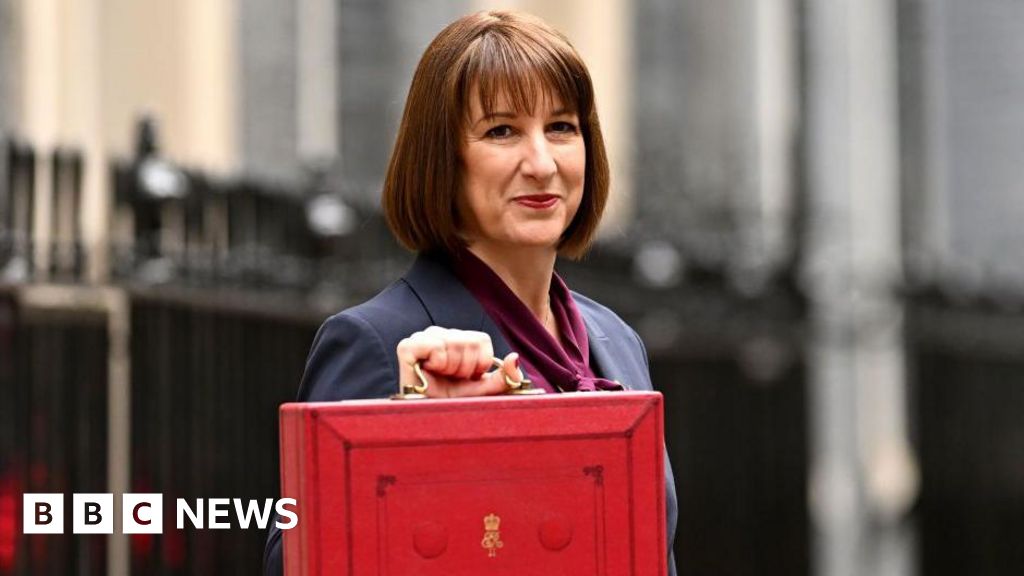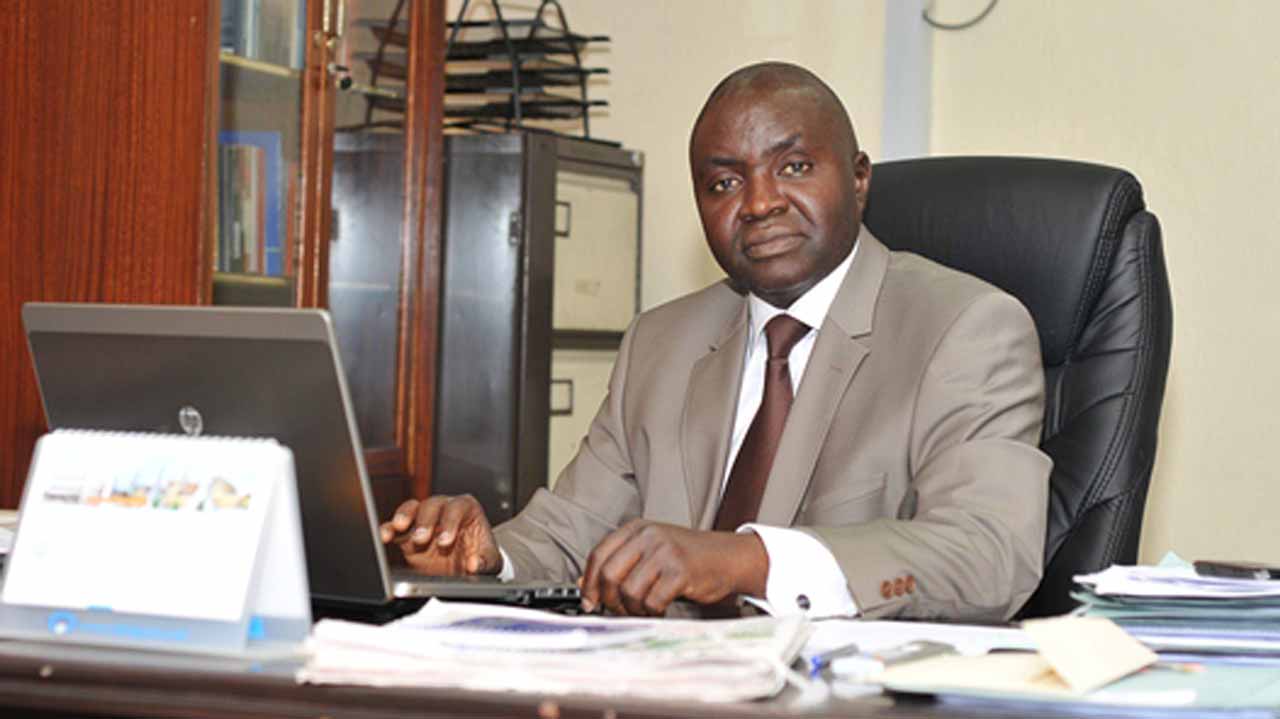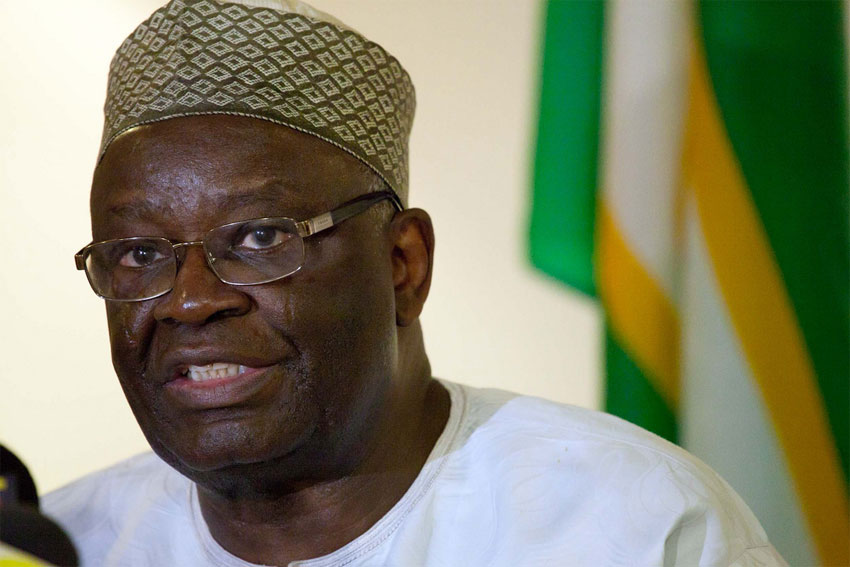- New Zealand has introduced more work visa restrictions to stop specific categories of workers from applying for visas for their partners and children
- The move applies to occupations classified as levels 4 and 5 by the government of New Zealand
- The new development follows the country’s implementation of stricter work visa rules and is part of more comprehensive amendments introduced this year
Legit.ng’s Pascal Oparada has reported on tech, energy, stocks, investment, and the economy for over a decade.
The New Zealand government has introduced more restrictions on work visa rules, targeting specific categories of Accredited Work Visa (AEWV) holders to reduce partner child dependents.
According to the Immigration website, individuals with AEWVs working in occupations categorized at levels 4 and 5 by the Australian and New Zealand Standard Classification of Occupations and who don’t have a route to residency are no longer required to support their partners and dependent children in applying for work, visitor, or student visas.
 New Zealand Prime Minister, Christopher Luxon activates new immigration policy
Credit: Jacob Wackerhausen
New Zealand Prime Minister, Christopher Luxon activates new immigration policy
Credit: Jacob WackerhausenSource: Getty Images
New changes aim to check the migration
The change is part of wider amendments to the AEWV initiative introduced earlier this year. It reverts the settings to those similar to the previous Essential Skills Work Visa.
The new development follows the country’s implementation of stricter work visa rules, citing unsustainable migration as a significant concern.
In April this year, the country introduced additional changes, including a language requirement for foreigners for low-skilled jobs under ANZSCO levels 4 and 5.
The condition aims to ensure that foreign workers better understand their rights and can effectively address potential issues with their employers.
New restrictions reduce maximum stay for workers
The new rules have decreased the maximum remain for low-skilled workers from five years to three years and have set minimum skill and work experience requirements for most roles.
The country wants to attract and retain highly skilled foreign workers, especially in sectors facing labour shortages, such as secondary education.
Reports say Immigration Minister Erica Stanford stressed the need for a more intelligent immigration system that regulates net migration and adapts to the evolving economic terrain.
She said the new reforms aim to attract top talents, revitalize international education, and ensure self-sufficiency and sustainability.
Australia extends worker visa window
The move comes after the Australian government announced plans to grant skilled worker visa holders a six-month renewal window.
The Australian Department of Home Affairs disclosed this in a recent statement, saying that the new order takes effect from July 1, 2024.
Denmark invites Nigerian carpenters, welders, chefs
Legit.ng previously reported that Denmark has revised its positive list to lure foreign skilled workers as it moves to address its labour shortage.
The list refers to professions needing more skilled or highly qualified professionals.
According to the Danish Agency for International Recruitment and Integration, the list is updated twice yearly due to the ongoing labour monitoring between January and July.
Source: Legit.ng











![[ICYMI] No N500m missing from customer’s account, says Access Bank](https://cdn.punchng.com/wp-content/uploads/2018/09/14183604/20180707-DSC_0077new.jpg)




 English (US) ·
English (US) ·